May 2022
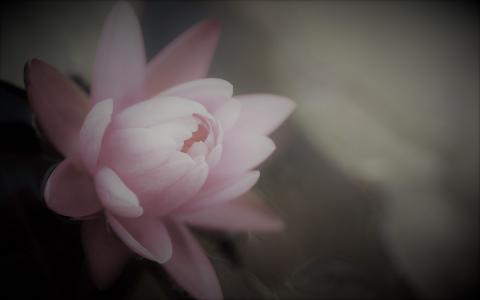
Bhavabhūti valued love and friendship deeply. His expression assumes a rare depth and force while describing human affection. In Mālatī-mādhava, he has pictured the unfolding of various shades of love: infatuation, the yearning and ‘sweet agony’ that follows, the physical and mental turmoil that unrequited love brings, the inexplicable thrill of union, romance, amorous escapades, and so on. Friendship finds a mirror to see itself in Mādhava and...
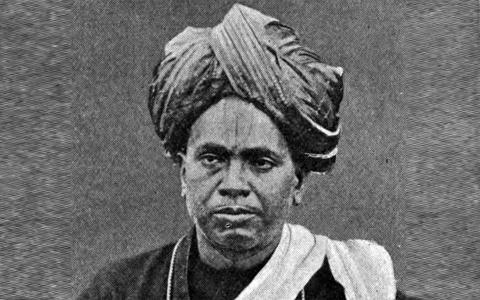
Attire
Rungacharlu was extremely careless about his clothing. He was always hasty. He wore baggy coats. Seeing him wrongly buttoned was not a rare sight. He used to roll his turban in whatever way his hand fancied. Unable to bear seeing his clumsiness any further, his wife Alamelamma once asked him, “Can’t you dress properly?”
Rungacharlu replied, “Am I Madhava Rao? At least he has to go about following English women and talk to them. I am not a...

Akṣakṣapaṇa's Story
There lived a wealthy brāhmaṇa by name Śivadatta in the city of Hastināpura. I am his son; my name is Vasudatta; even in my boyhood I learnt the Vedas and the śāstras; my father got me married to an illustrious girl from a noble family.
But my mother is short tempered, difficult to please. After my wedding, my father got fed up with household duties, and he ran away. Seeing that I tried my best to keep my mother placated; my...
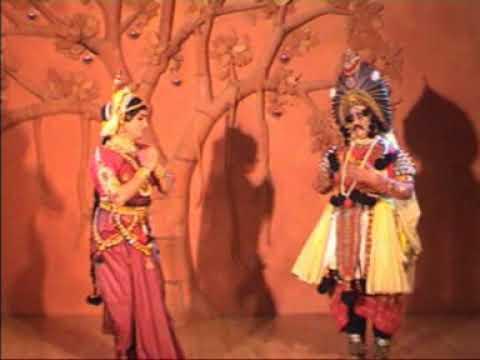
We have hitherto discussed about āhārya, āṅgika, and vācika. The next aspect to discuss is sāttvikābhinaya – the most difficult aspect to teach and to express in words. In another sense, it is also easy to speak about sāttvikābhinaya because every form of expression finally culminates in sāttvika. It is only through sāttvika that śānta comes as the backdrop for all bhāvas and elevates them to the level of Rasa. And yet, how can we point to an...
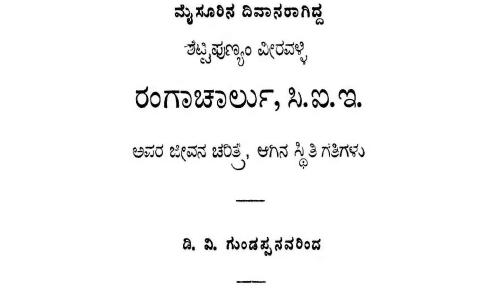
The First Proponent of Democracy in India
I have never seen Chettipunyam Rungacharlu [alternatively, Rangacharlu or Rangacharya.] I was born five or six years after his demise.
I wrote a fairly exhaustive treatise about Rungacharlu’s administration in both English and Kannada. That was fifty-seven or fifty-eight years ago. The aspect of his history that caught my mind and firmly fixed itself in my psyche was his understanding of the democratic...

Bhavabhūti epitomizes the vicitra-mārga that Kuntaka propounds.[1] A word that captures his use of language and delineation of emotions is fulness – fulness bordering on excess. He likes repetition and overemphasis. He has repeated several verses in his plays.[2] What is atyukti to most people is to him a nyūnokti. If modern formatting techniques were available back then, he would have made the most of various typefaces, type-sizes and such...
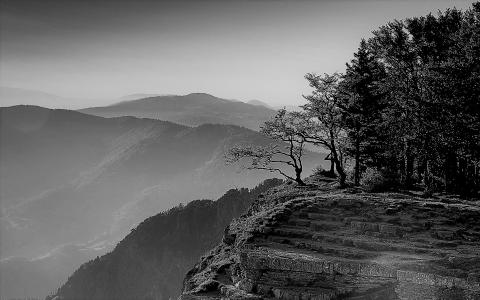
Let us briefly examine the literary scene prevalent in Sanskrit when Bhavabhūti began writing plays. While dramatists respected the compositions of past masters such as Bhāsa, Śūdraka and Kālidāsa, they mostly took to writing risqué ‘causeries’ (bhāṇa) and ‘harem romances’ (nāṭikā). Examples include such plays as Padma-prābhṛtaka, Pāda-tāḍitaka, Dhūrta-viṭa-saṃvāda, Ubhayābhisārikā (collectively termed as Caturbhāṇī), Priyadarśikā and Ratnāvalī...

Thus after reuniting with his ministers, Mṛgāṅkadatta continued his journey through the jungles of the Vindhyās. When they reached a place which had ample shade and water, they took a bath and ate the fruits they had gathered. Right then, from behind a shrub nearby, they overheard someone talking. Out of curiosity they slowly went there. To their surprise they saw a huge elephant taking care of a tired blind man who lay on the ground. It was...
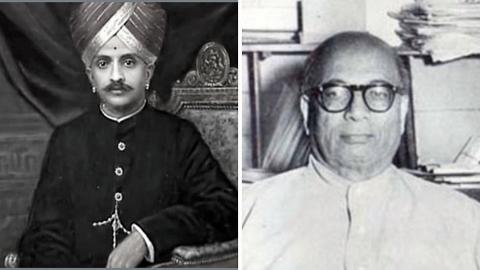
During the early days when Krishna Rao became the Dewan, the British Resident wrote him a letter informing about his visit to see the Dewan and sought a suitable time.
Krishna Rao, in response, wrote “I am happy that you desire to see me. Salutations. I am at my office every day from eleven to five.” His conduct with people was appropriate; an apt response, behaving in a manner that was natural and never crossing bounds. That was Krishna...

Selfless Karma
Who should follow the principle of not wanting results for one’s duties? Those who are seeking mokṣa. How many of us are wishing for mokṣa? Surely, the number of people wishing for material things vastly exceeds that. We all desire something or the other. They may all be noble desires. For instance, those indulging in wrongdoing must be destroyed; we as a country should grow our own food; we have to establish ourselves well in the...
